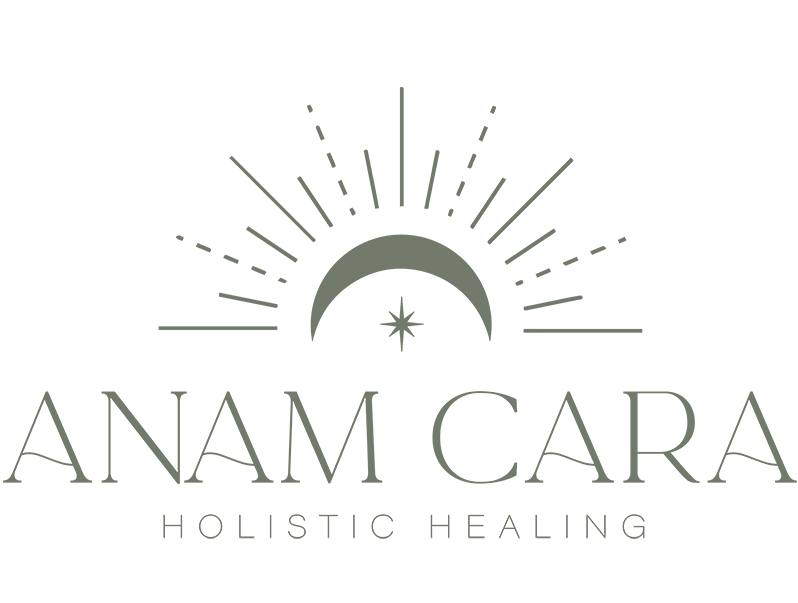Mind-Body Connection: Exploring the Profound Connection Between Massage Therapy and Mental Health
In our fast-paced world filled with deadlines, stressors, and constant demands, maintaining optimal mental health is more crucial than ever. While traditional approaches such as counseling and medication play vital roles, an often overlooked yet immensely effective method is massage therapy. The healing touch of massage not only eases physical tension but also extends its profound benefits to the realm of mental well-being.
Understanding the Mind-Body Connection:
The mind-body connection is a fundamental aspect of holistic health, acknowledging the intricate relationship between mental and physical well-being. Stress, anxiety, and depression often manifest physically in the form of muscle tension, headaches, and other somatic symptoms. Massage therapy serves as a bridge, addressing both the physical and mental aspects of stress.
Stress Reduction and Cortisol Regulation:
Massage therapy has been scientifically proven to reduce the levels of cortisol, the stress hormone, in the body. By promoting relaxation and lowering cortisol, massage helps alleviate the symptoms of stress and anxiety. Moreover, this reduction in stress hormones has a cascading effect on improving mood and fostering a sense of calm.
Release of Endorphins:
Massage stimulates the release of endorphins, the body’s natural feel-good chemicals. Endorphins act as natural painkillers and mood elevators, creating a sense of euphoria and well-being. This neurochemical response to massage contributes significantly to combating symptoms of depression and anxiety.
Improved Sleep Patterns:
Quality sleep is paramount for mental health, and massage therapy has been linked to improvements in sleep patterns. By relaxing the body and mind, massage helps individuals achieve a deeper and more restful sleep, thereby enhancing overall mental resilience.
Enhanced Body Awareness and Mindfulness:
Massage encourages individuals to be present in the moment, fostering a heightened sense of body awareness and mindfulness. The focused attention on physical sensations during a massage session can serve as a meditative experience, promoting relaxation and mental clarity.
Reduction of Muscle Tension and Physical Discomfort:
Chronic pain and muscle tension are often associated with mental health issues. Massage therapy targets these physical manifestations, releasing muscle knots and promoting better circulation. As the body experiences relief from physical discomfort, the mind follows suit, experiencing a sense of ease and relaxation.
Tailored Approaches for Mental Health:
Various massage techniques can be tailored to address specific mental health concerns. For instance, Swedish massage promotes relaxation, deep tissue massage targets chronic tension, and aromatherapy massage combines essential oils to enhance the overall therapeutic experience. Personalized approaches ensure that massage therapy is a versatile tool in managing a spectrum of mental health issues.
In the holistic pursuit of mental well-being, it’s crucial to recognize the interconnectedness of the mind and body. Massage therapy offers a powerful and complementary approach to traditional methods, providing a pathway to relaxation, stress reduction, and improved mental health. As we navigate the challenges of modern life, perhaps the healing touch of massage is the missing piece in our quest for holistic well-being.

